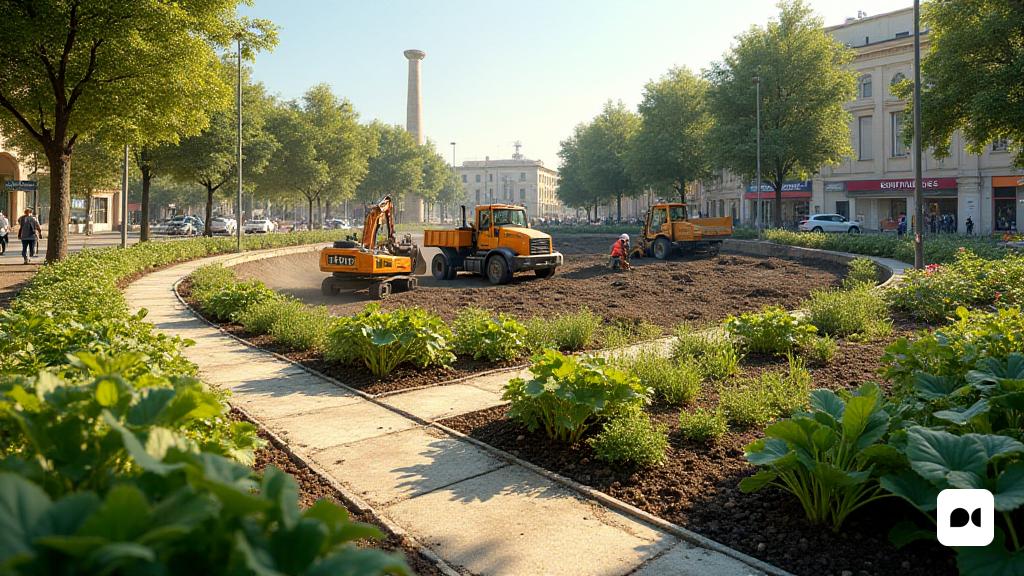Recovery of water resources in Reus
Aigües de Reus has recently started an ambitious project that seeks to revitalize the old mined of Mas Beltran. The main purpose of this initiative is to provide non -drinking water with the future urban orchards that the City Council plans to establish in Astorga Street, within the Juroca district. This action is part of a wider effort to optimize local water resources and ensure that non -drinking water is used for safe and responsible purposes.
Renaturalization Strategy and Sustainability
The project is part of the Renaturaus initiative, which seeks to improve the city’s green infrastructure and foster a more livable environment. With an investment of 101,648.32 euros and an estimated duration of six months, the works reflect the city’s commitment to sustainability and energy transition, aligning with the Sustainable Development Goals (SDGs) established by the United Nations.
Prioritization of water as a life resource
According to the Councilor for Aigües de Reus, Daniel Rubio, the Municipal Action Plan that covers in 2023-2027, it grants vital importance to water management. This policy seeks not only to guarantee the supply of drinking water, but also to promote the use of non -drinking water for urban applications, thus improving the efficiency of water resource management.
Applications of non -drinking water
For some time now, Aigües de Reus has implemented the use of non -drinking water in various urban maintenance tasks, such as the cleaning of streets and sewers. This water, which is not suitable for human consumption, comes from wells that have high levels of nitrates, ensuring that their use is made with total security.
Examples of use in industrial estates
A prominent example is the Agro-Reus estate, where a non-drinking water distribution network has been established for road cleaning and sewer maintenance. This system also allows companies in the polygon to access this water for production processes, thus contributing to more sustainable management.
Benefits in other areas
The Tecnoparc polygon has also benefited from this initiative. An independent network allows to irrigate the area and supply cleaning vehicles with non -potable water recovered from a mined one. In addition, recycled water from WWTP can be used for irrigation, after proper treatment.
Recovery of heritage and sustainability
The farmhouse of Mas Iglesias has been the subject of adaptation works that facilitate the use of local water for the maintenance of the green space. The restoration of this well and raft is now used for irrigation, combining the conservation of heritage with efficient water management.

